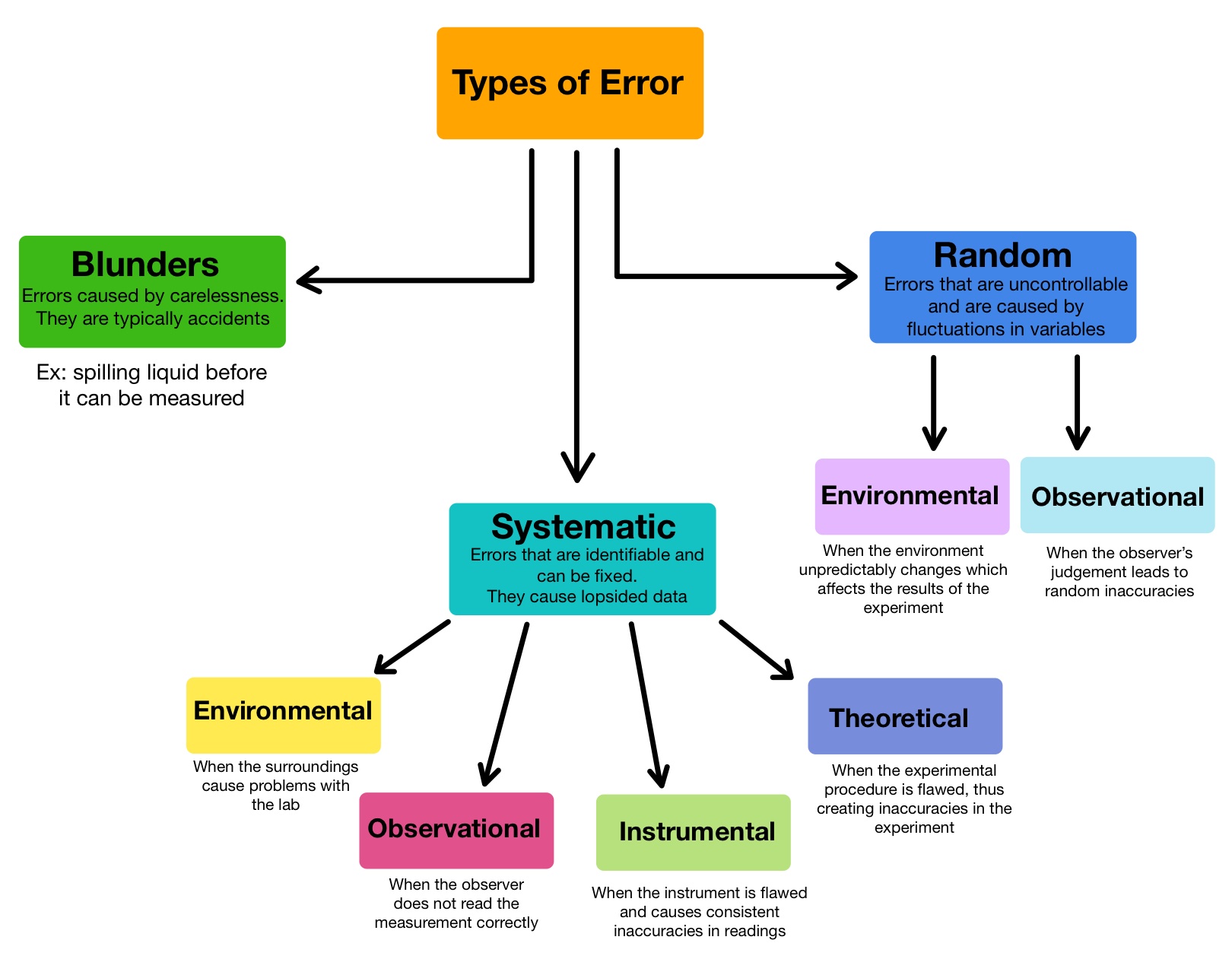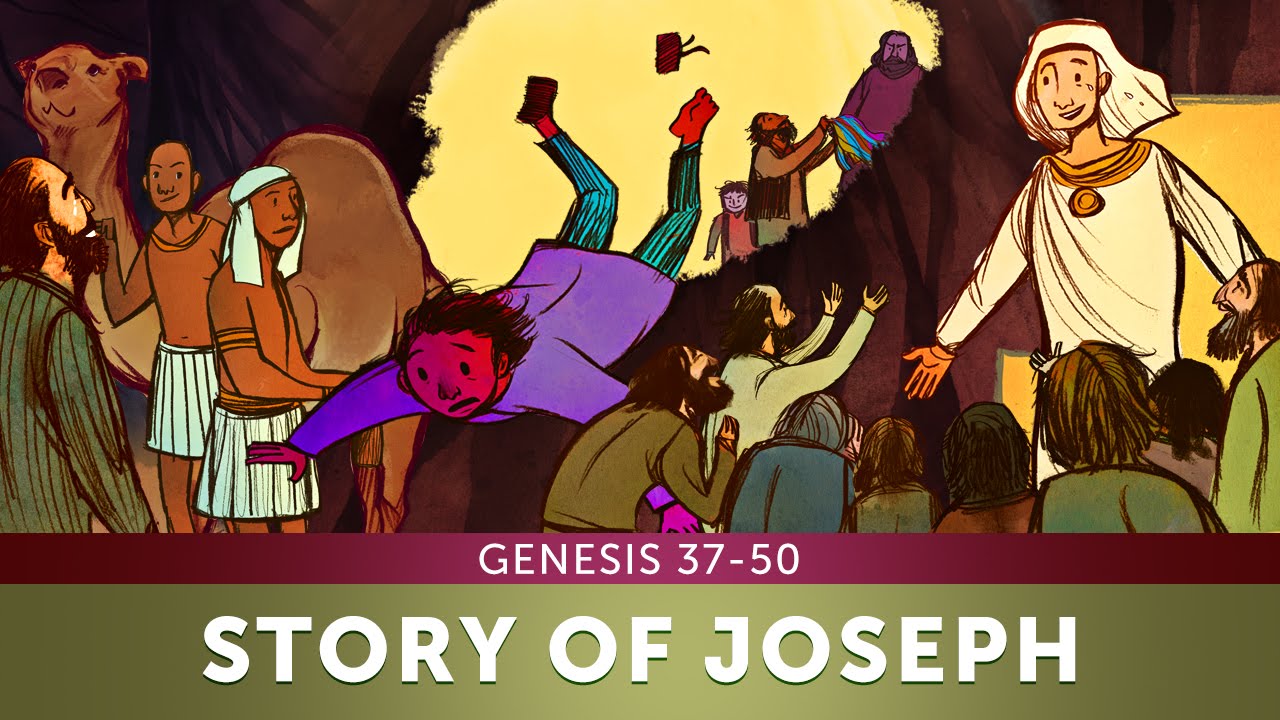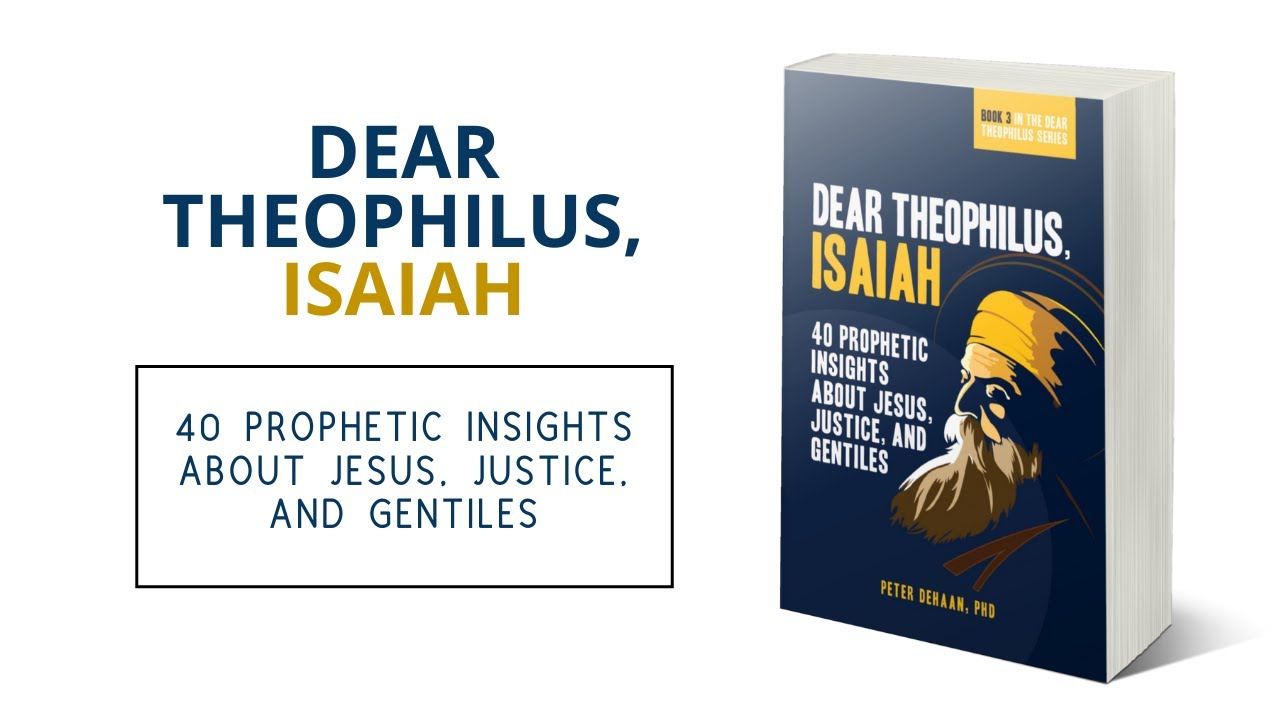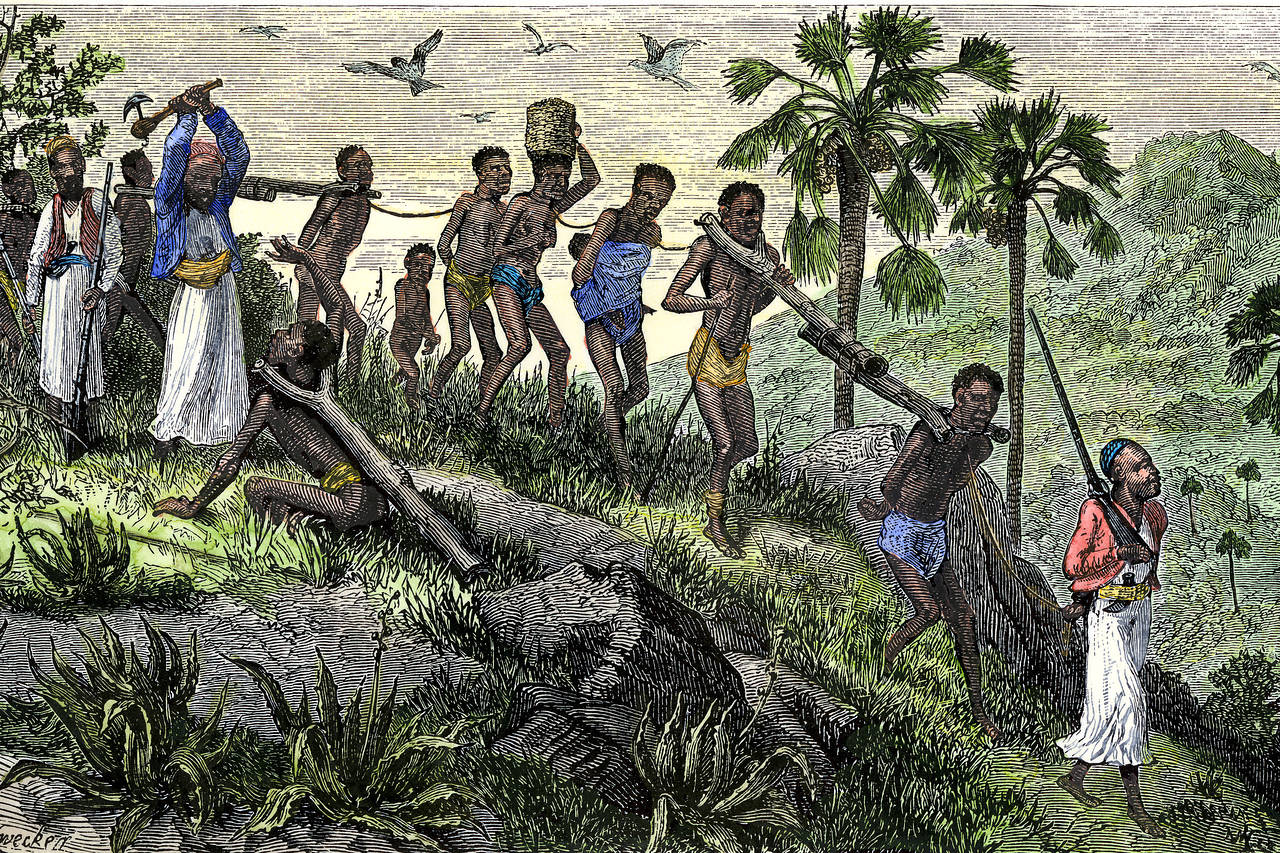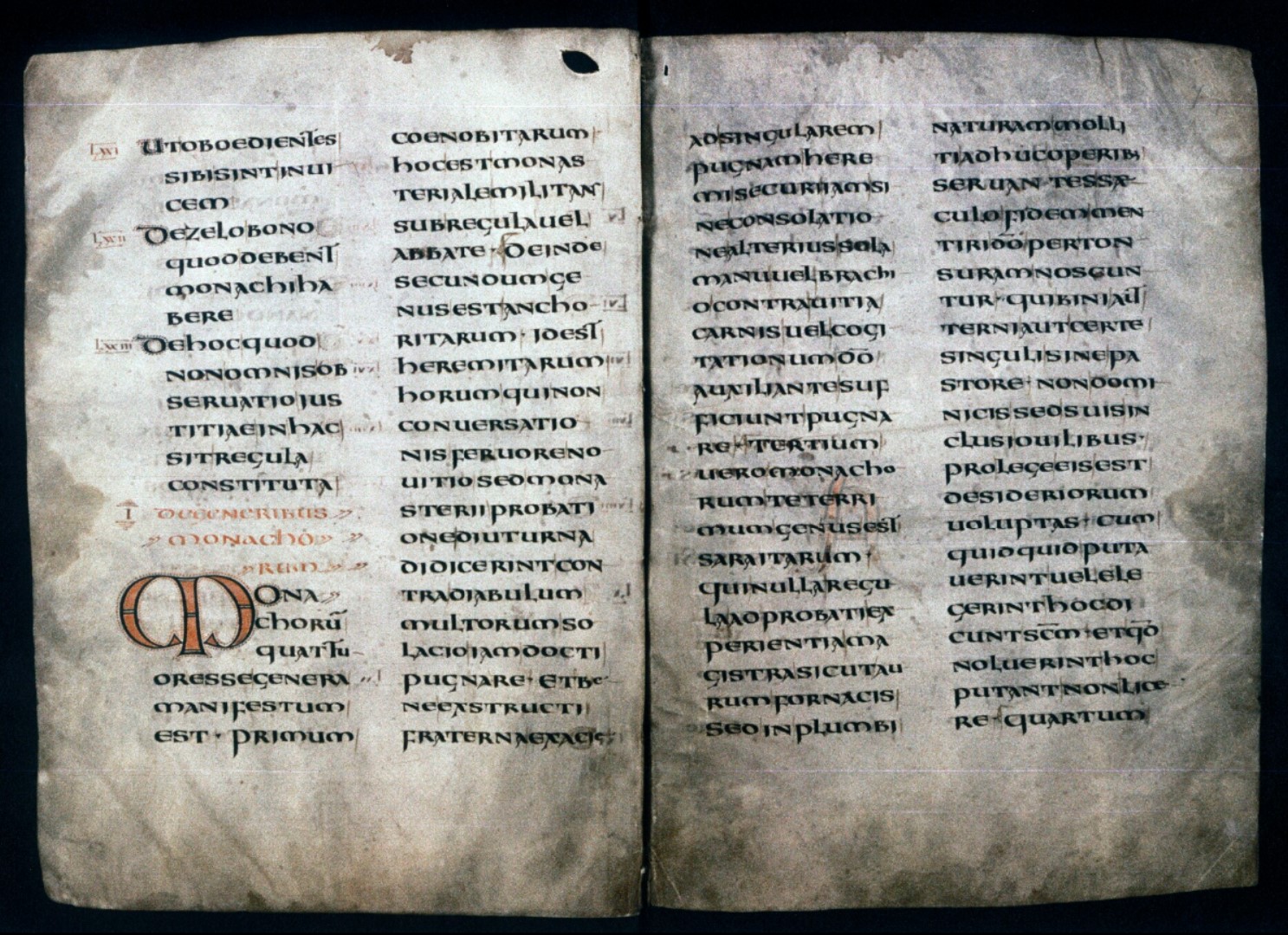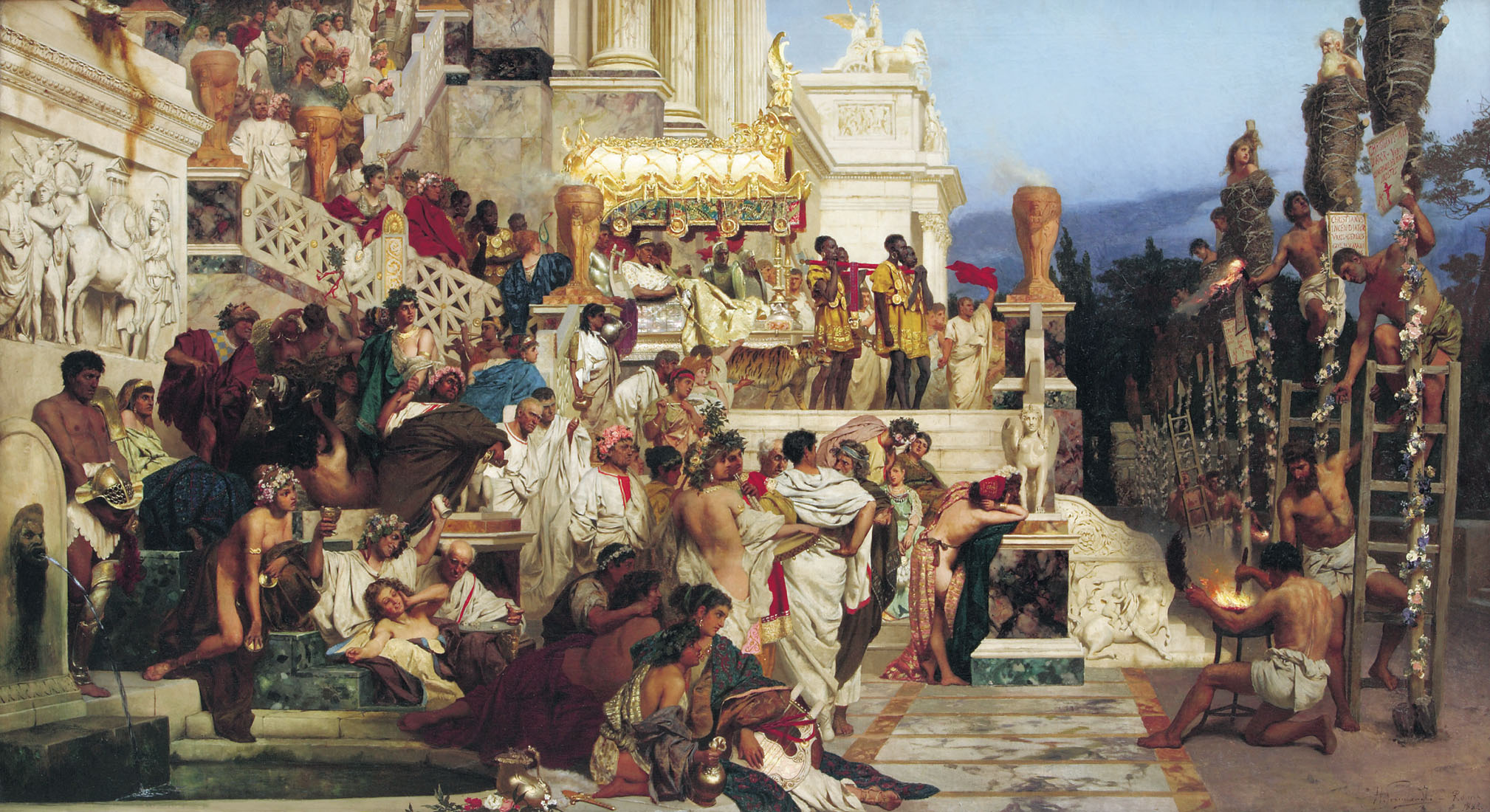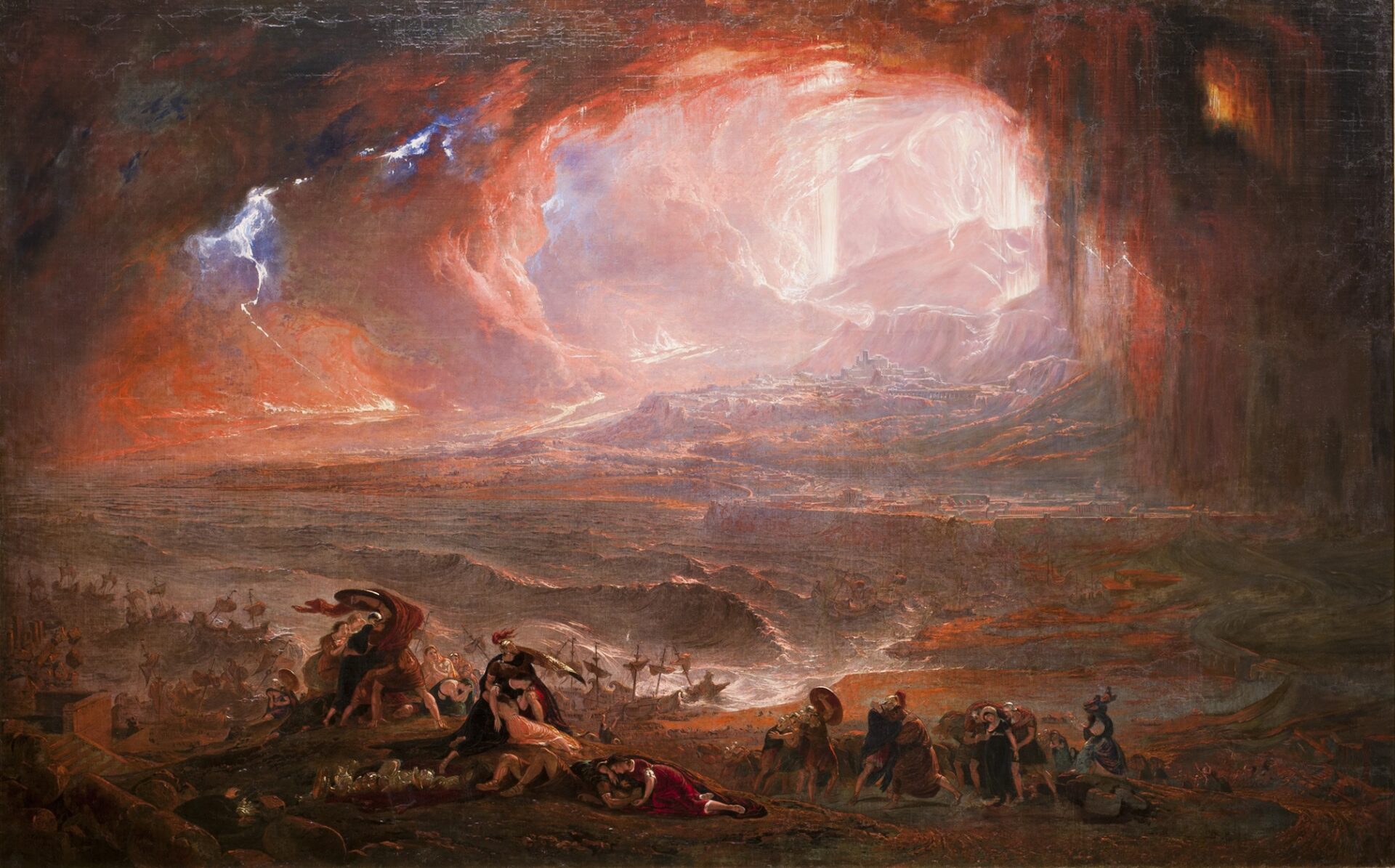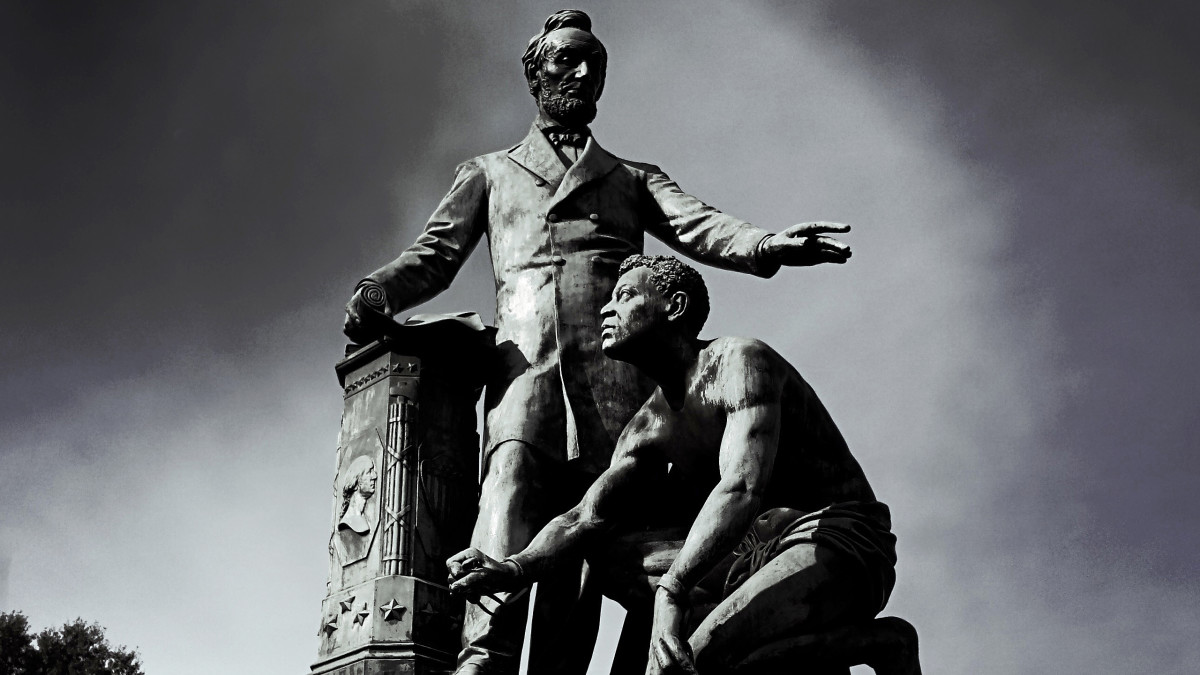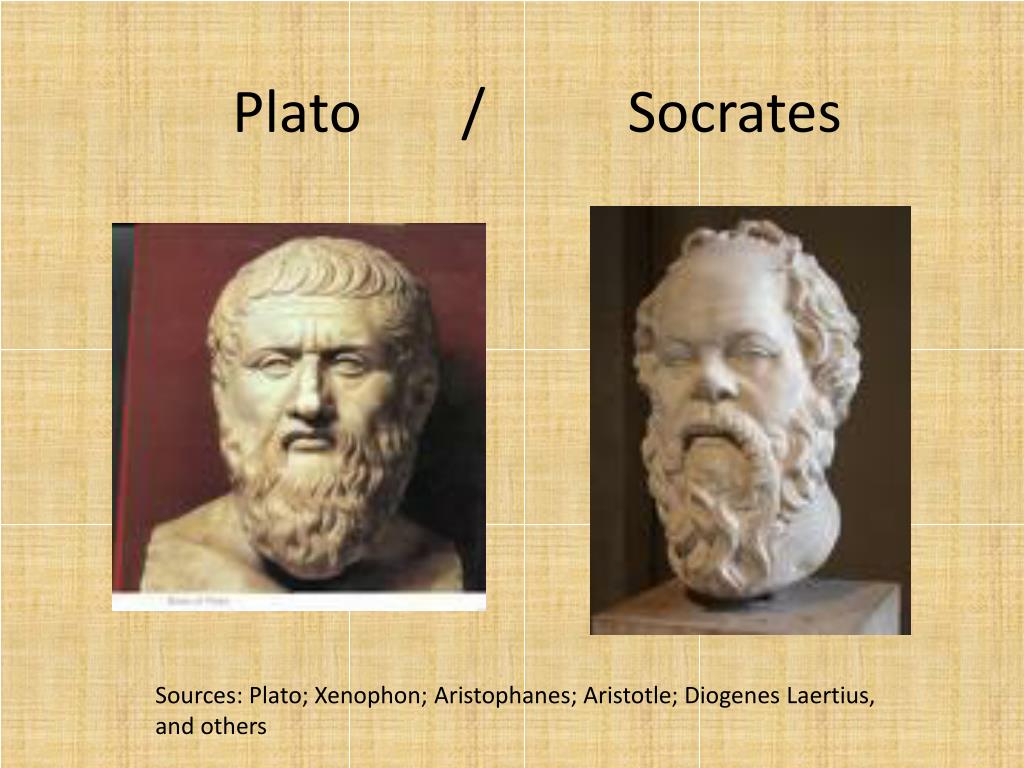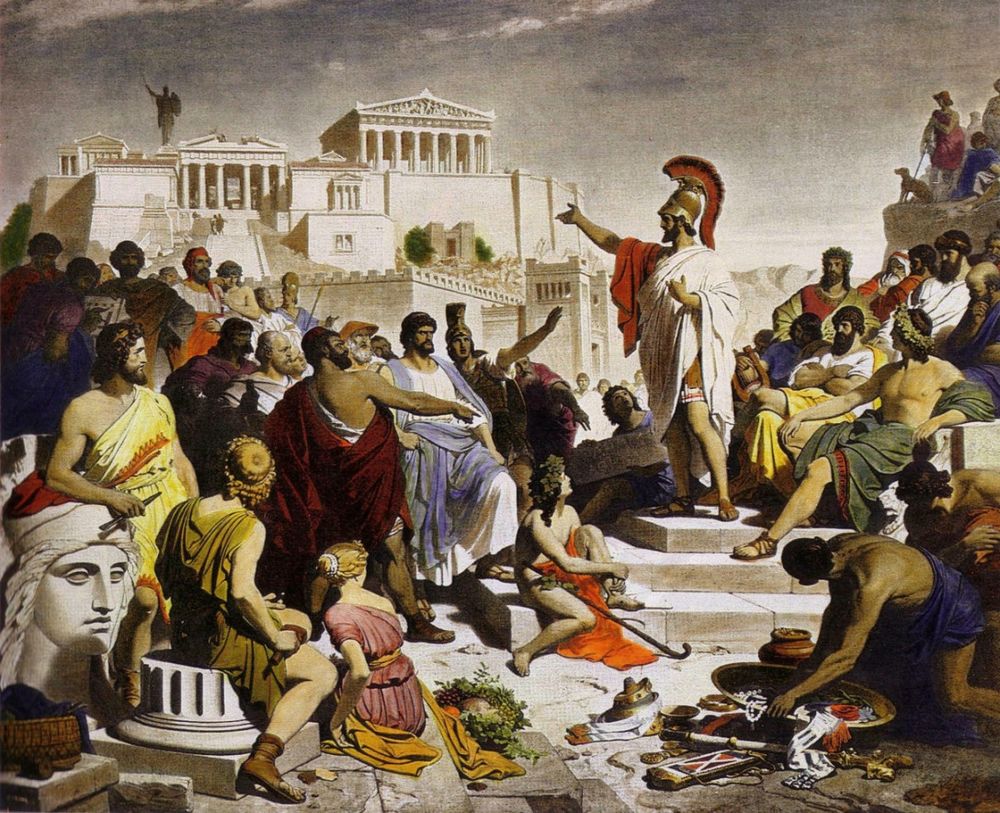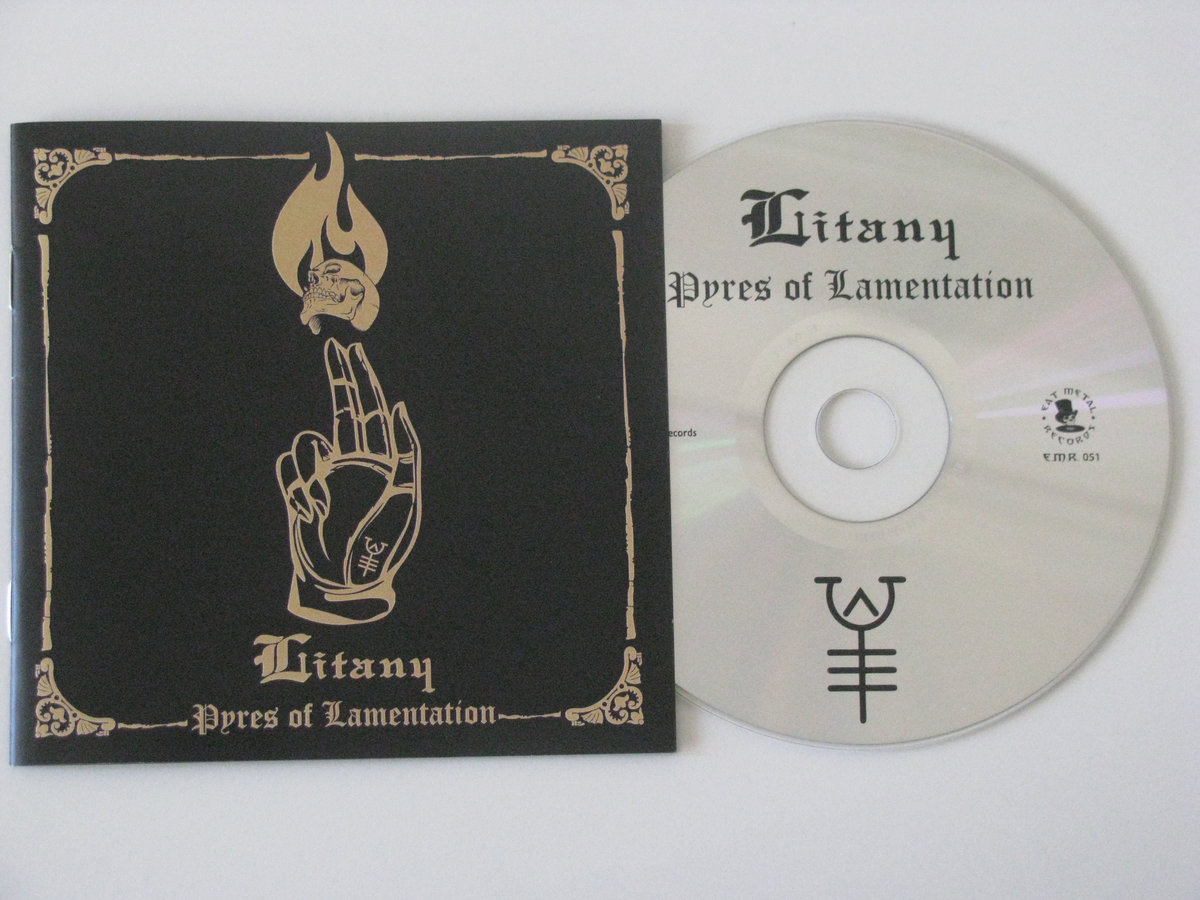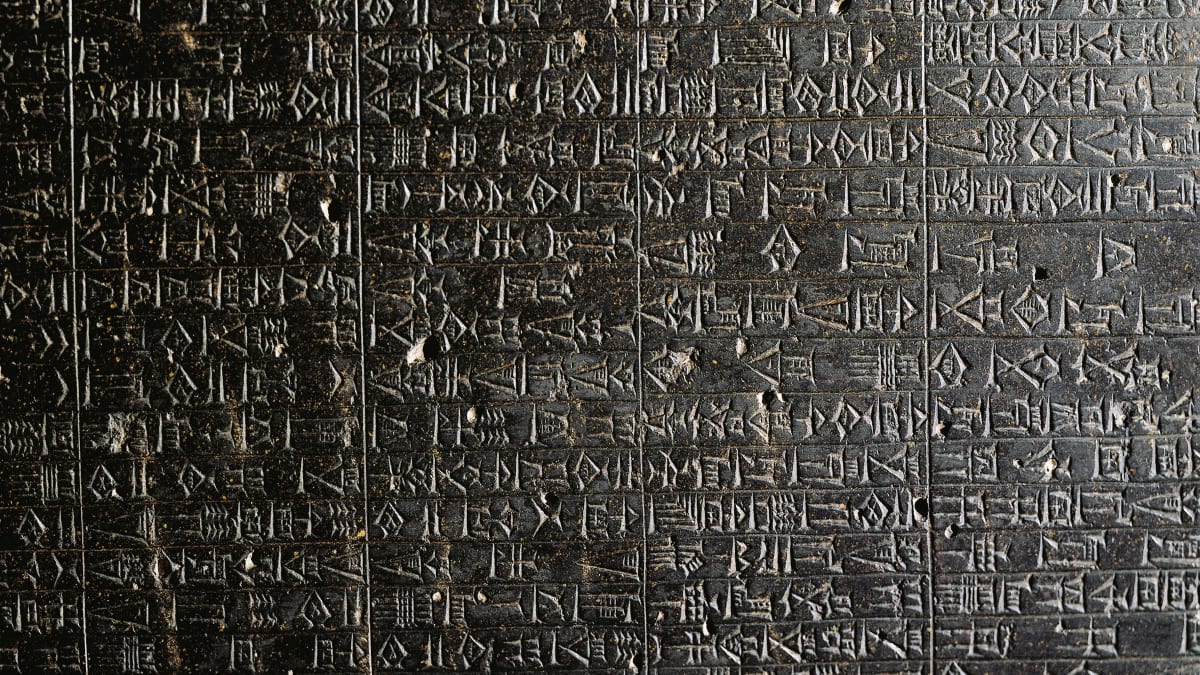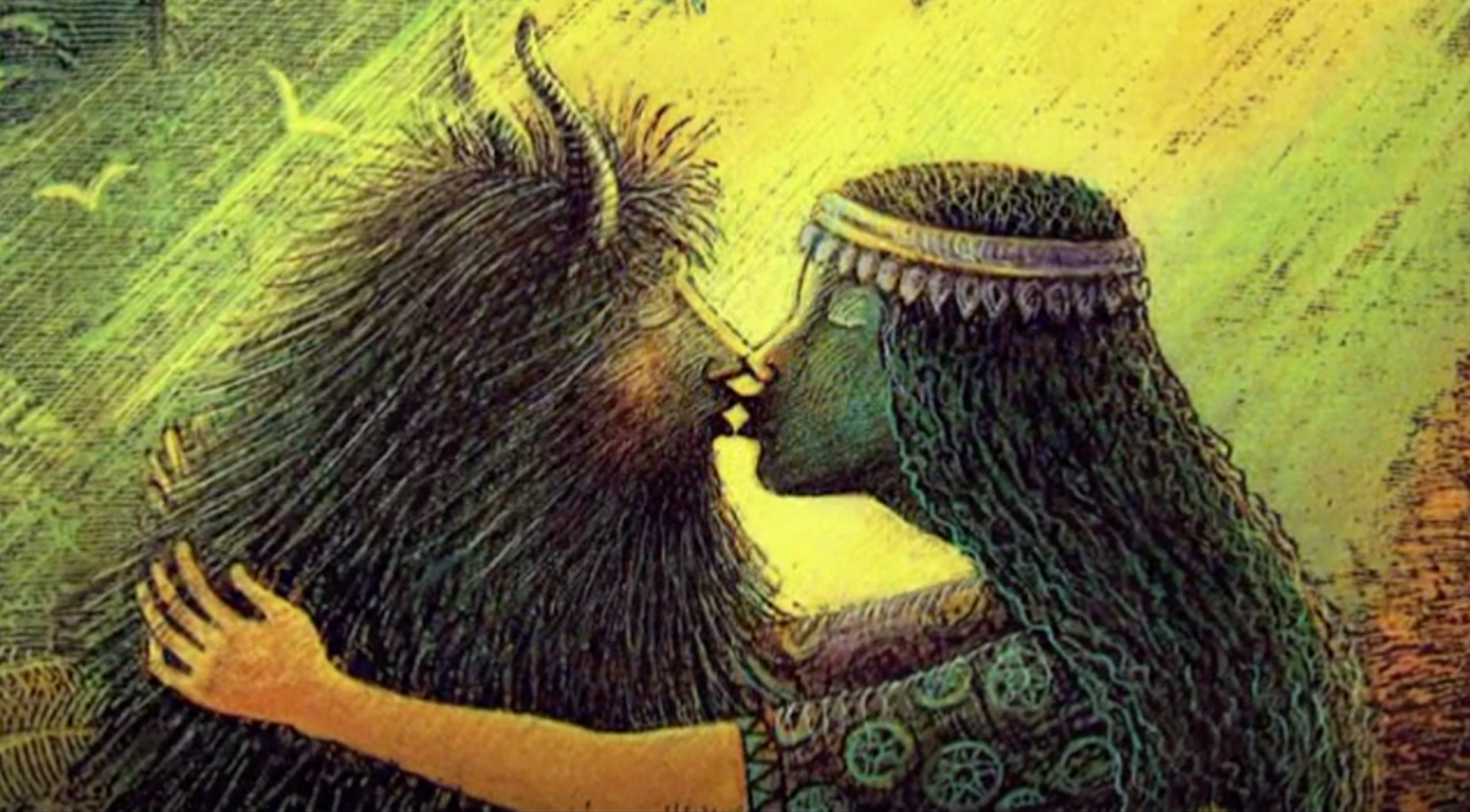Mayest thou never exist, may thy body never exist.
May thy limbs never exist. May thy bones never exist. May thy words of power never exist.
May thy form never exist. May thy attributes never exist.
May that which springs from thee never exist.
May thy hair never exist.
May thy possessions never exist. May thy emissions never exist.
May the material of thy body never exist.
May thy place never exist. May thy tomb never exist. May thy cavern never exist. May thy funeral chamber never exist.
May thy paths never exist. May thy seasons never exist.


